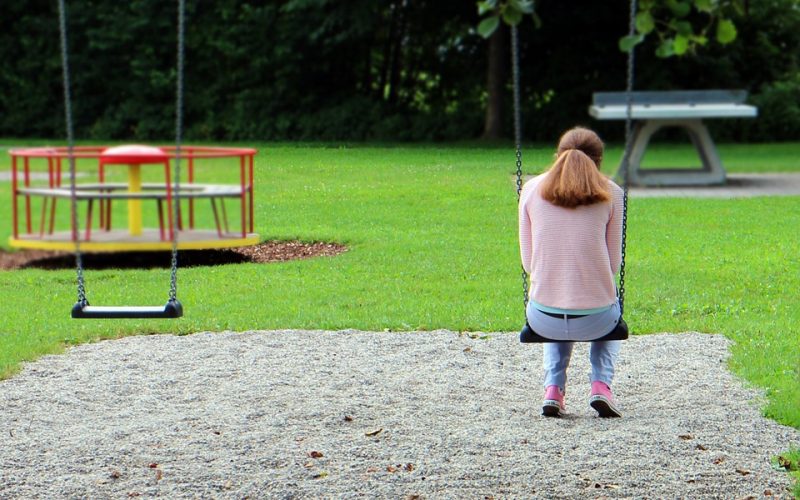How To Deal With a Divorce
Divorce is never an easy process, and its complexities are magnified when children are involved. Not only are parents managing their own emotions, but they must also prioritise the emotional well-being of their children. This article provides practical guidance for navigating a divorce while safeguarding the needs and feelings of your children.
Understand the impact of divorce on children
Divorce can bring turbulent emotions for children, from confusion to sadness and even guilt. They may not fully comprehend what's happening or why, potentially prompting behavioural changes, academic struggles, or withdrawal from social activities. It's essential to acknowledge their feelings and provide them with a safe and open environment to express their concerns. Reassure them that the divorce is not their fault, as children often internalise blame for their parents' separation.
Understanding their emotions will require patience and empathy. Specialist child psychologists or counsellors can also offer valuable insights and strategies to help children process this significant life change effectively.
Maintain clear communication
Open and honest communication is vital during a divorce. Clearly explain the situation to your children in a way they can understand, being honest but age-appropriate. Avoid oversharing details about the conflict between you and your ex-partner, as this puts unnecessary emotional strain on them.
Encourage children to ask questions and express their concerns. Listen actively without dismissing their fears, and genuinely address their worries. Make it clear that both parents will continue to love and support them, emphasising that the family dynamic might change but the care and attention they receive will not.
Co-parent effectively
Effective co-parenting is critical for children’s stability during and after divorce. While tension between ex-partners is often unavoidable, both parents must prioritise their children’s needs over personal conflicts. Strive to communicate respectfully and agree on decisions related to childcare, schooling, and other key areas.
Consistency is key—establish a structured routine that both parents follow. Children thrive on predictability, and maintaining similar rules and expectations in both households can help them adjust more comfortably. Tools like shared calendars or co-parenting apps can simplify communication and logistics, ensuring a smoother process.
Focus on your children’s well-being
Throughout the divorce process, children should remain your top priority. This means observing their mental and emotional health closely. Watch out for signs of anxiety, depression, or behavioural issues, which might indicate that they’re struggling to cope.
Proactively create positive experiences for your child, from quality one-to-one time to engaging in fun family activities. These moments reinforce feelings of security and reassurance—something children need as they deal with an uncertain future. If professional support is necessary, seek advice from school counsellors, therapists, or support groups specifically designed for children from divorced families.
Take care of yourself too
Divorces are emotionally exhausting, and it’s easy to become entirely consumed with your children’s needs while ignoring your own. However, self-care plays a vital role in navigating these challenging times. Seek support from friends, family, or support groups, and don’t hesitate to consult a therapist if needed.
Your ability to cope positively will directly impact how effectively you can support your children. When they see you handling the situation with resilience and maturity, it sets an example of how to manage tough times with strength and optimism.
Establish a new normal
Once the divorce process settles, focus on rebuilding a sense of stability and normalcy in your family life. Create new traditions or routines that reflect the changes while preserving important aspects of their pre-divorce life. For example, you could start a weekly movie night or take up a hobby together.
While moving forward will take time, remaining patient and supportive is critical. Keep the lines of communication open and continuously demonstrate your commitment to your children’s well-being. Slowly but surely, your family will find its footing and adjust to the new chapter ahead.
Dealing with a divorce when children are involved requires care, patience, and consistent effort. By fostering a supportive environment, working collaboratively with your ex-partner, and ensuring your children’s needs—both emotional and practical—are met, you can help them adapt and move forward with confidence.










